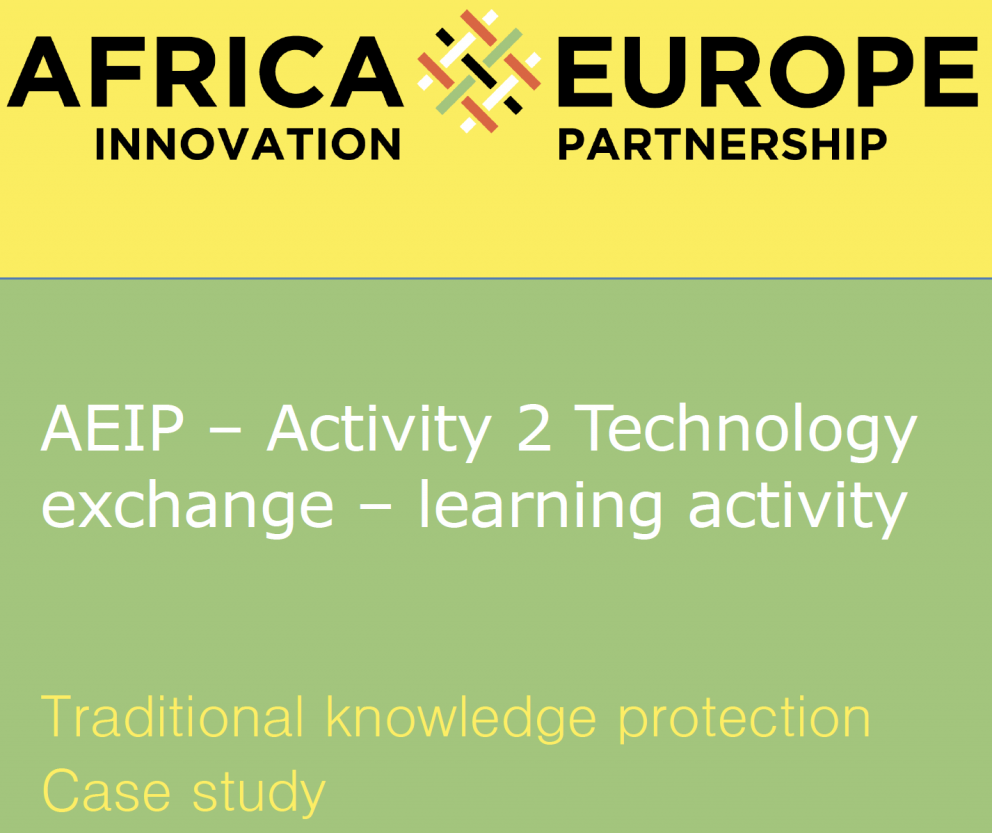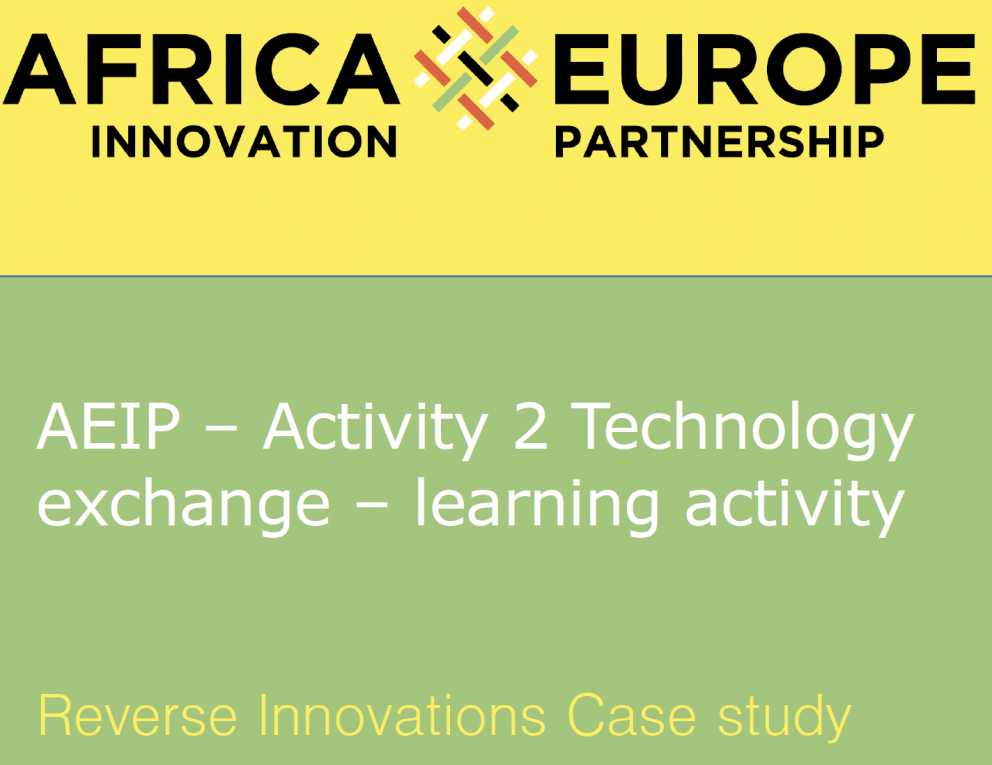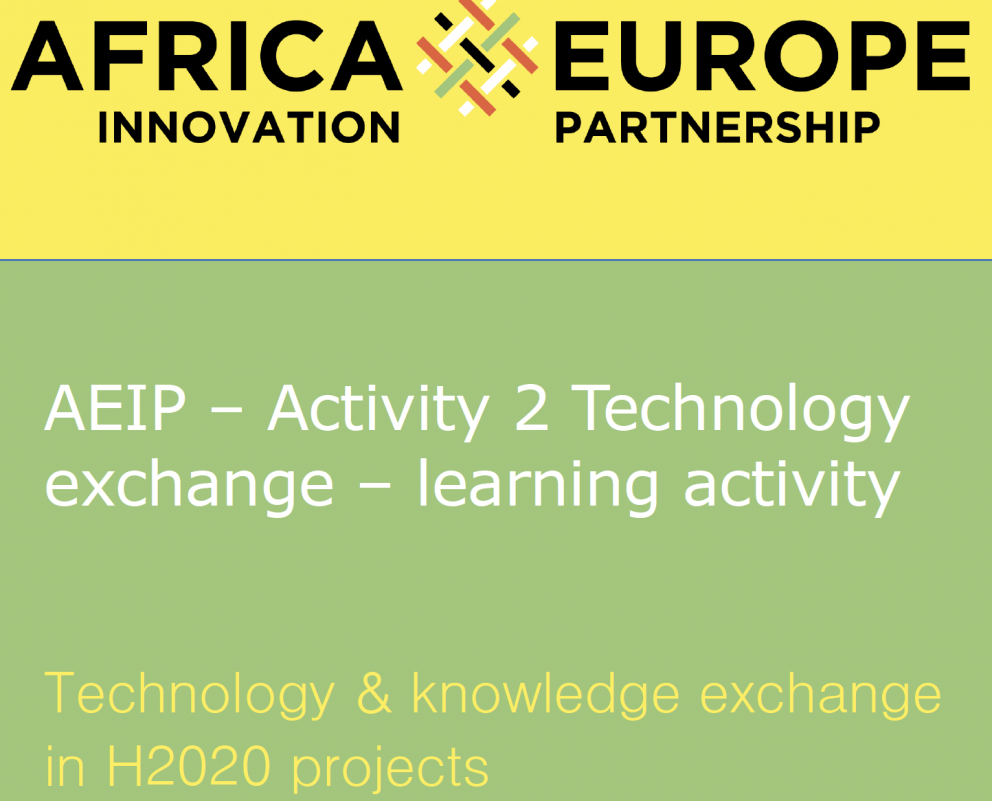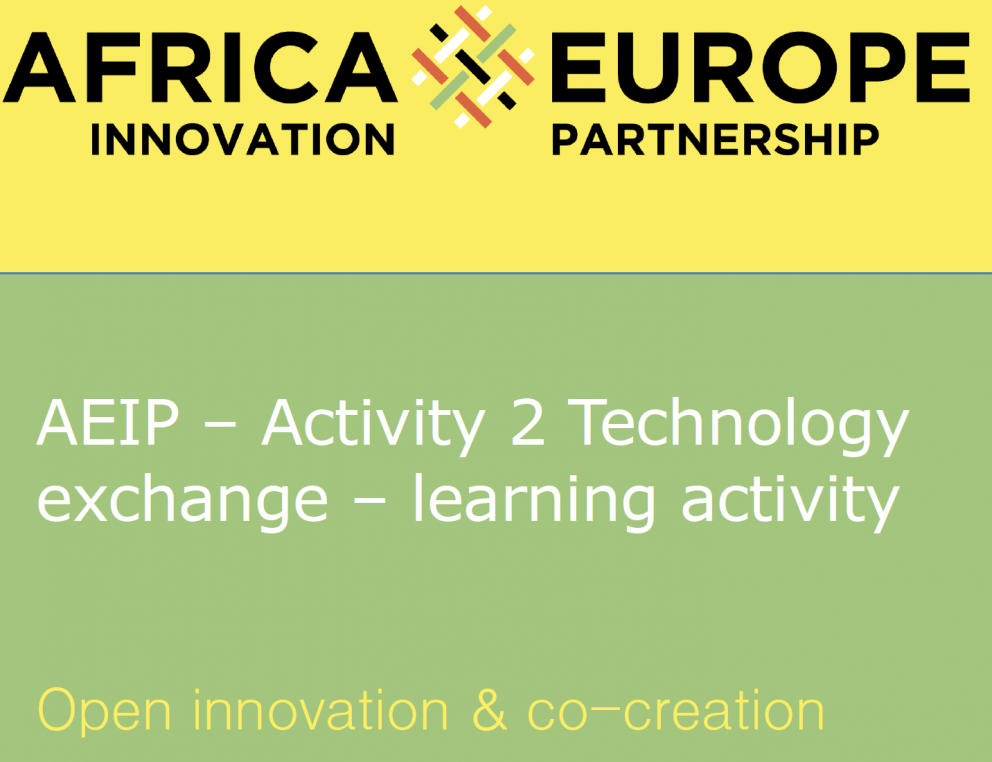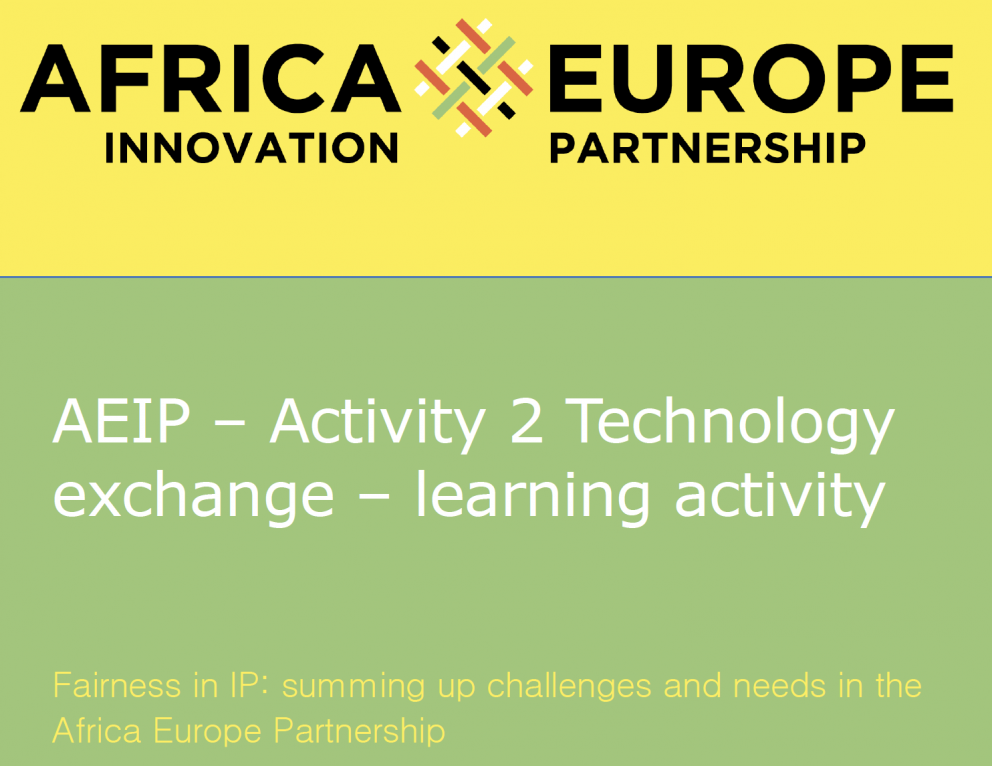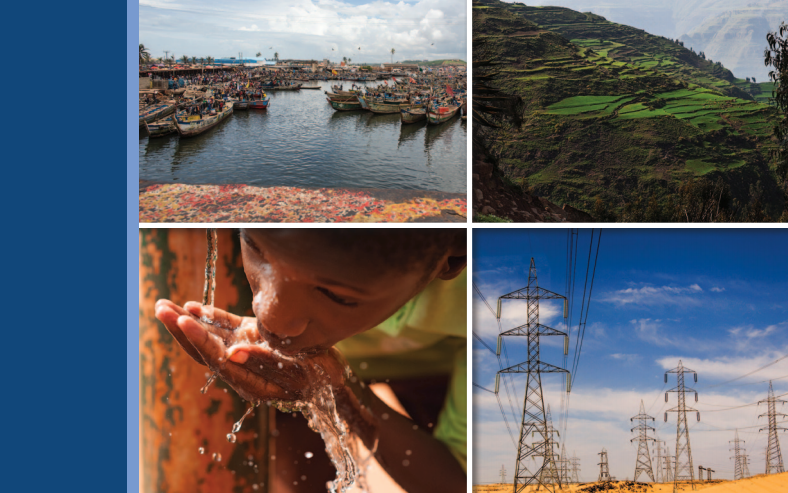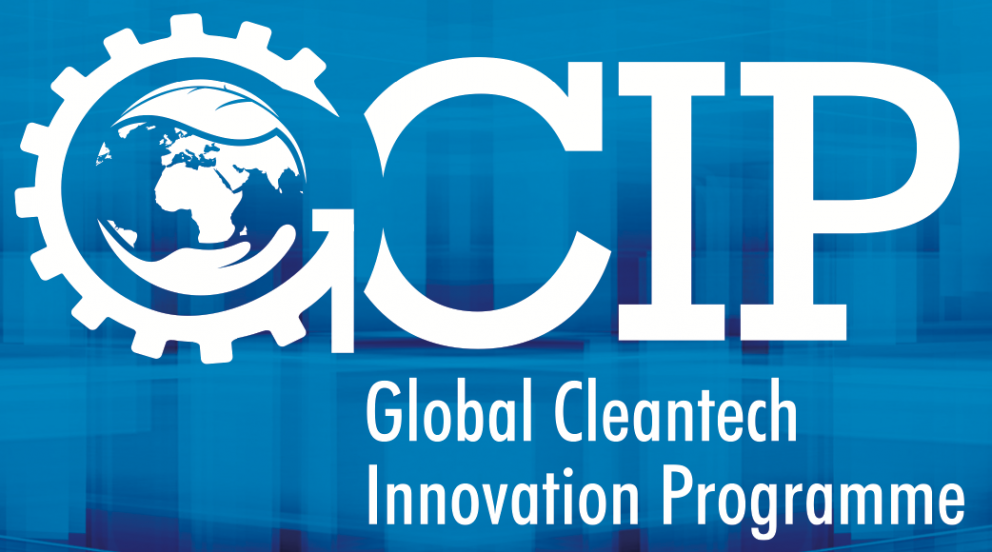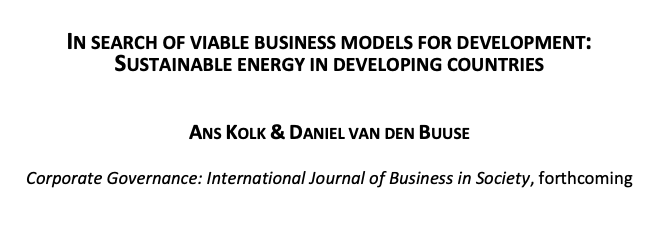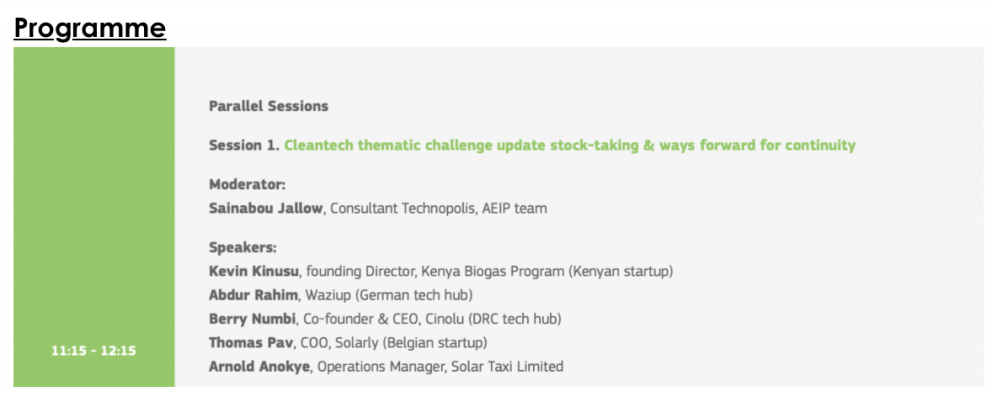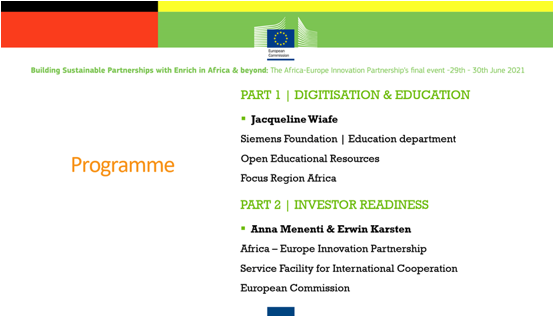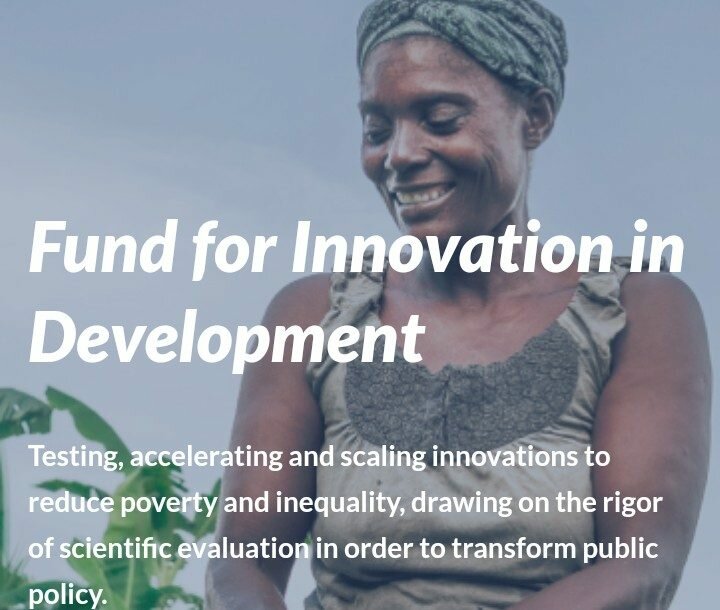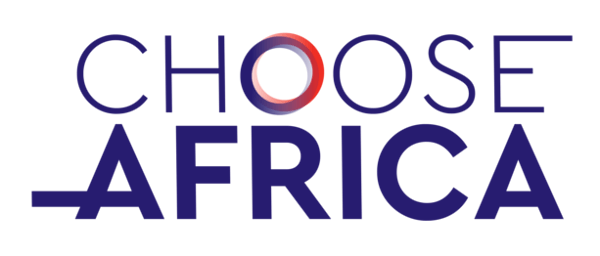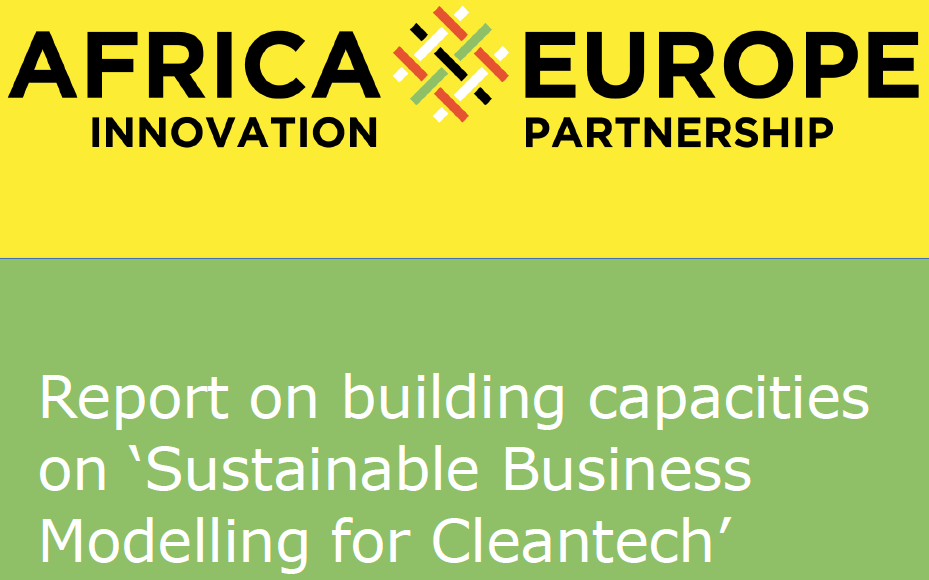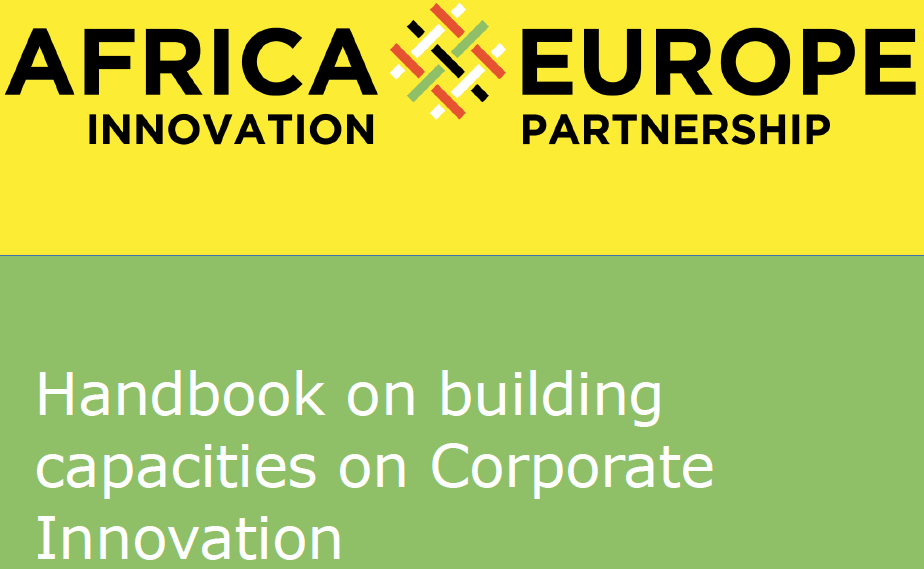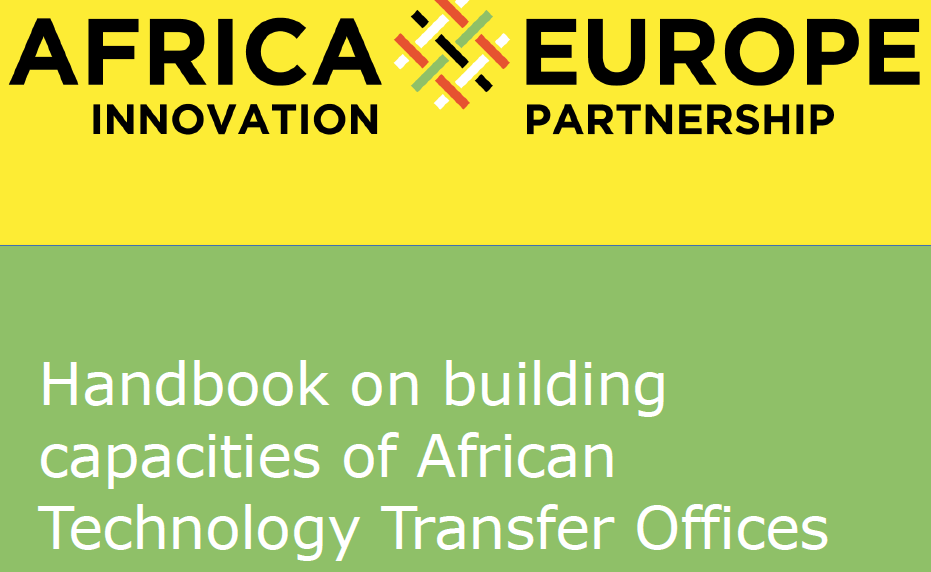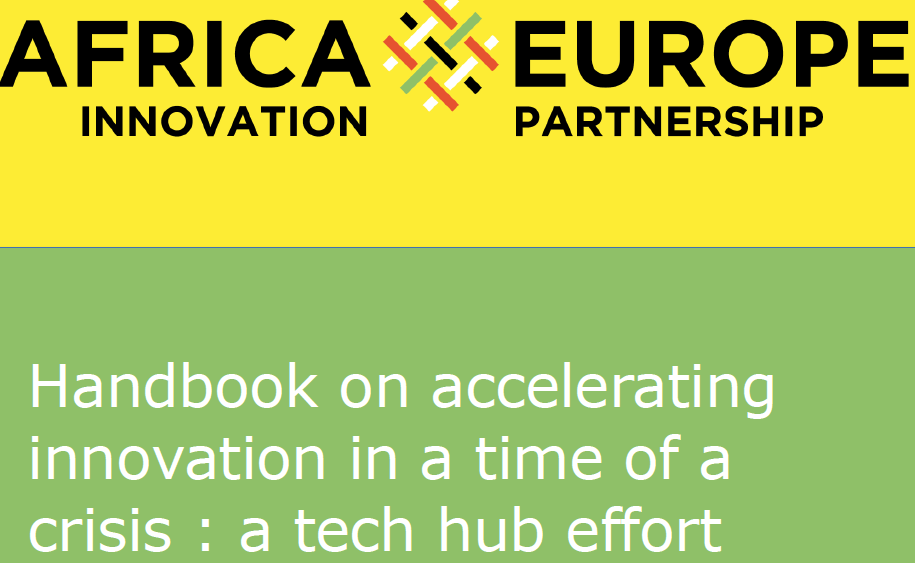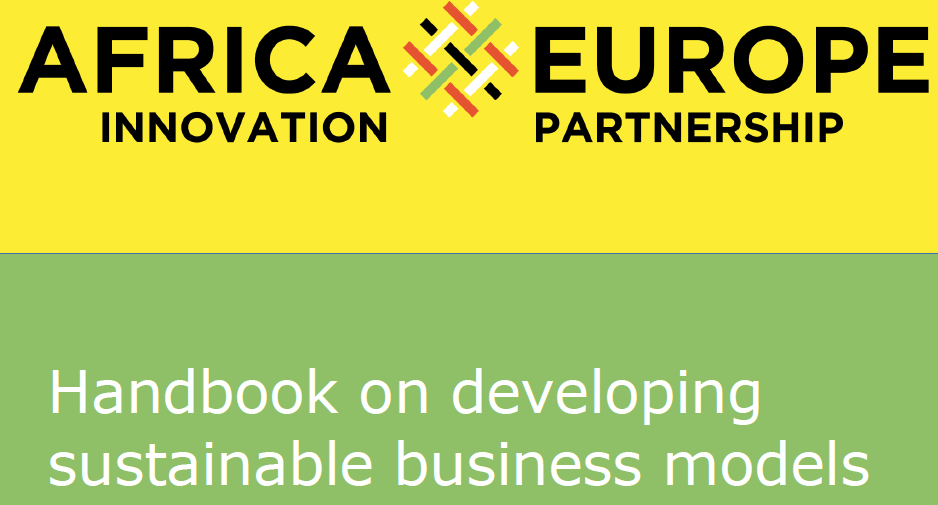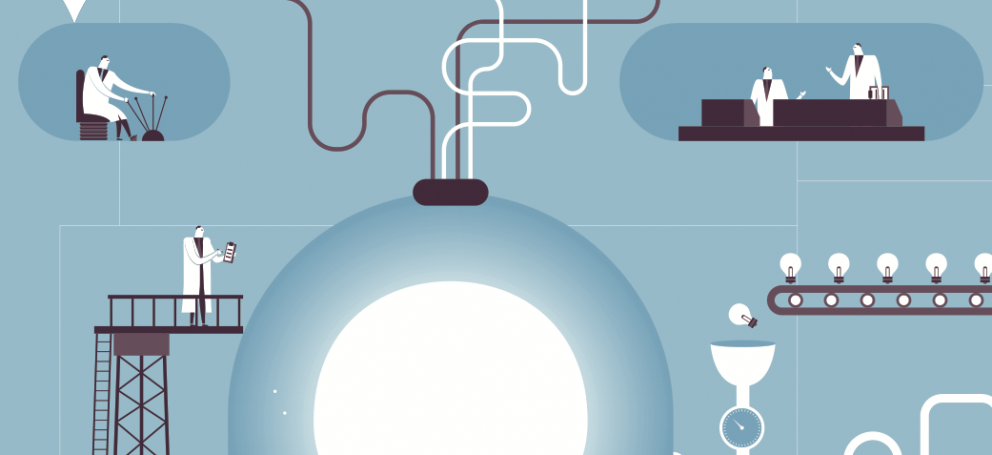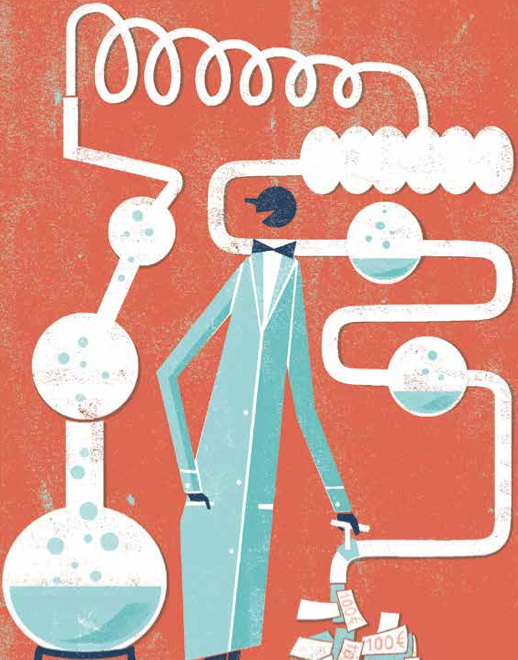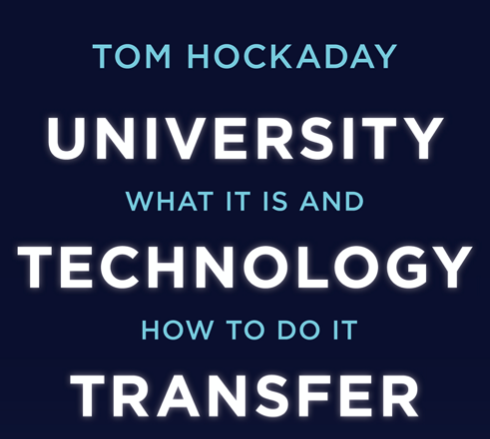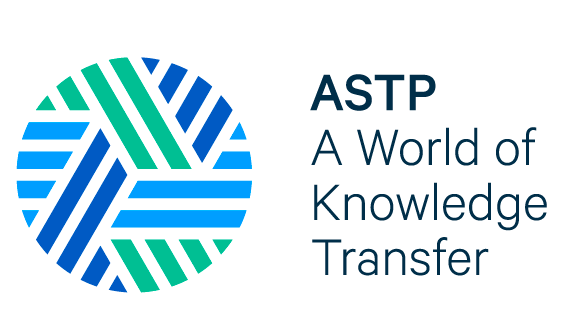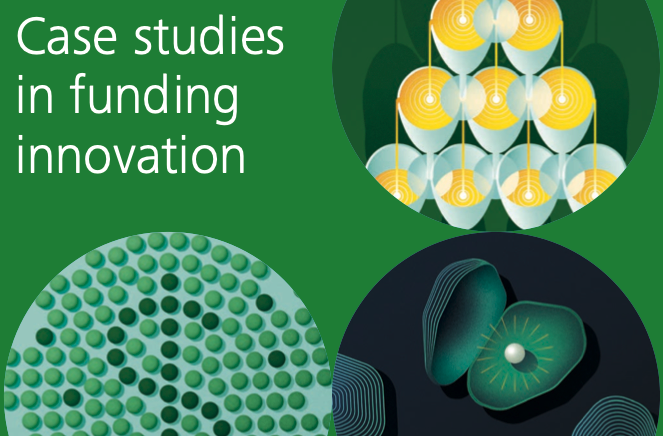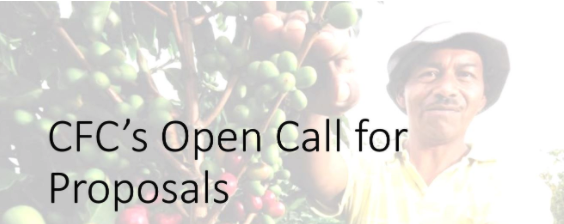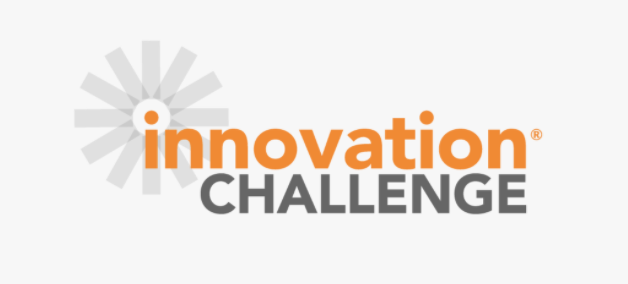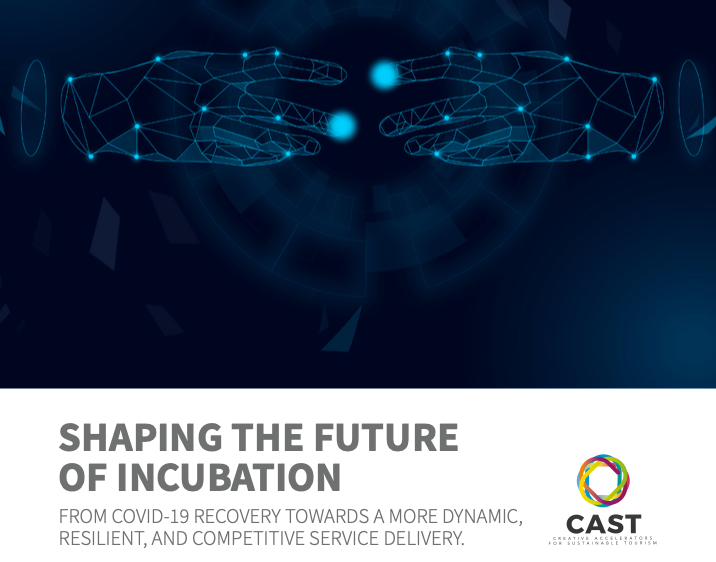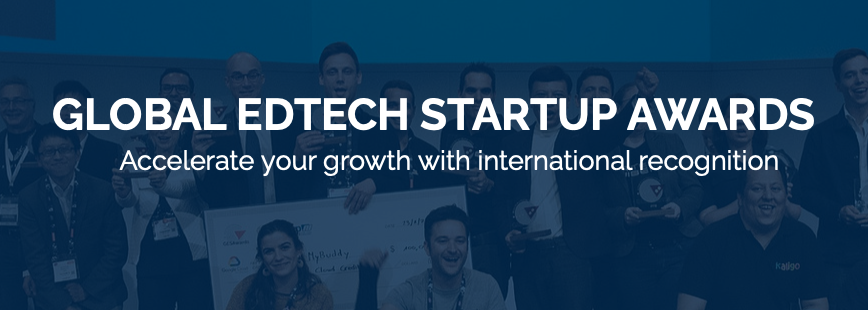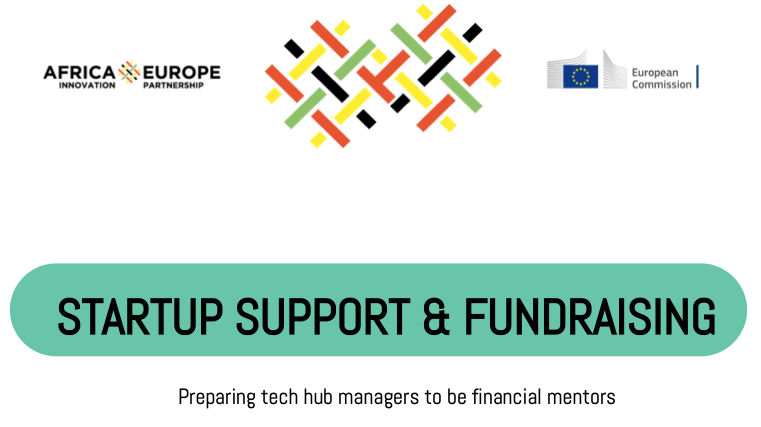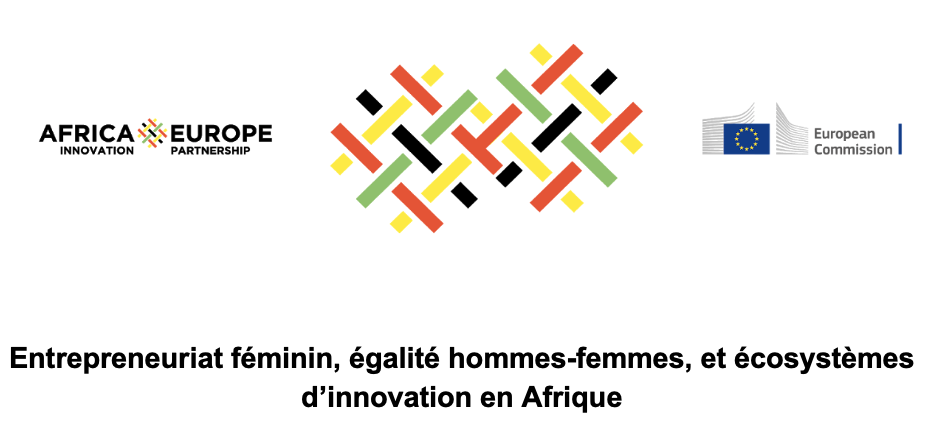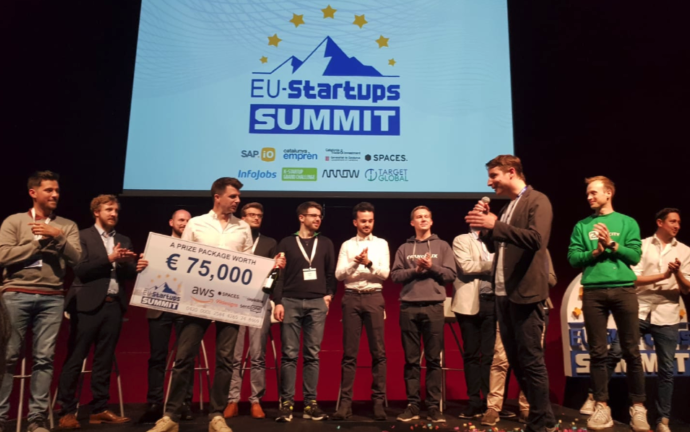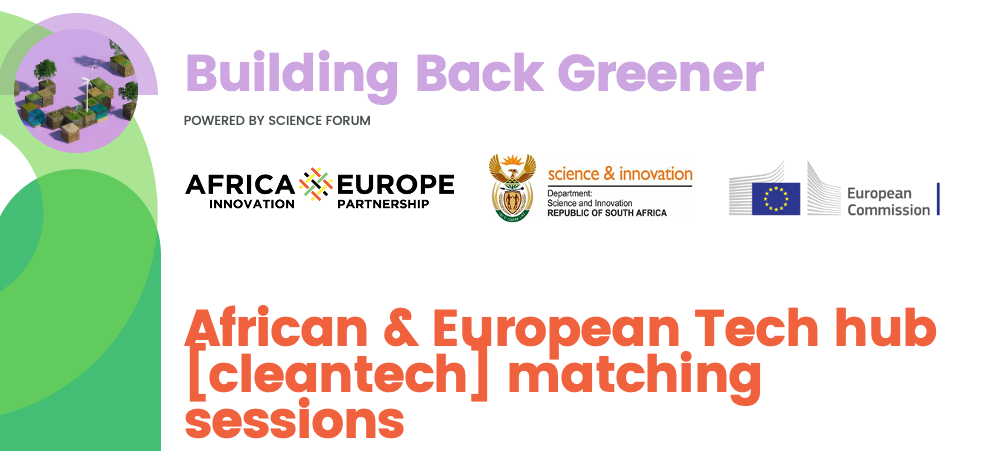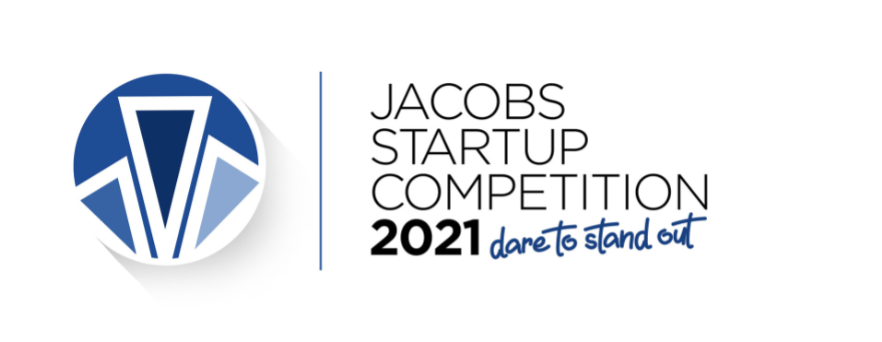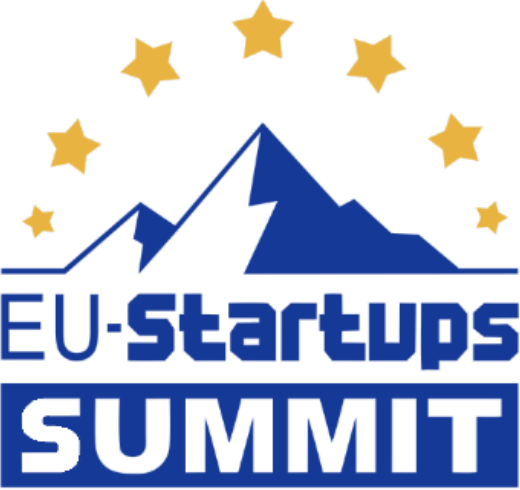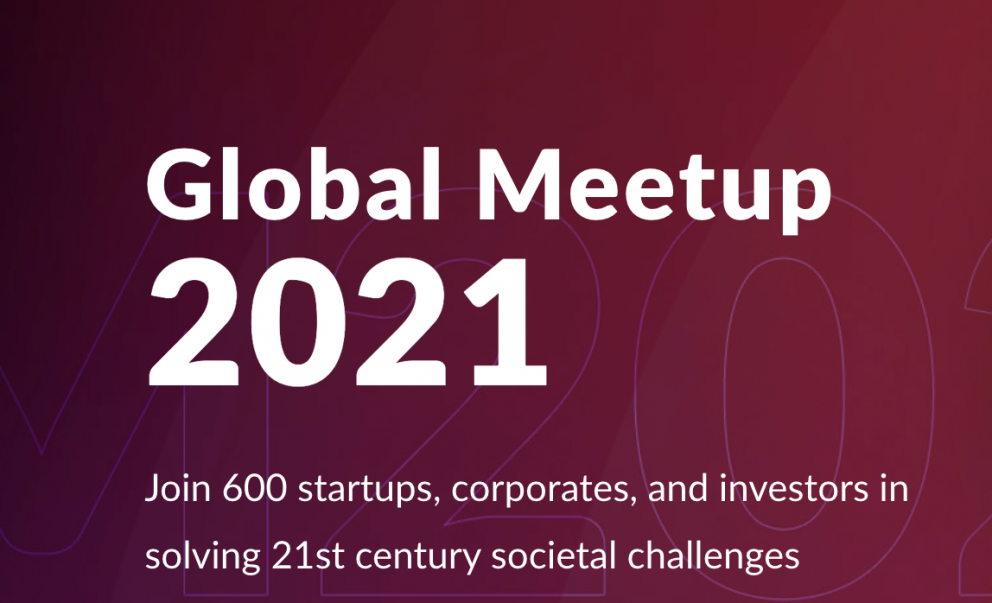Overview
The EU-Startups Summit is the annual flagship event of EU-Startups.com - the leading online publication about startups in Europe. At the event we showcase a selection of Europe's hottest startups and come together to learn from some of the most successful European entrepreneurs of our time!
Details
The EU-Startups Summit 2021 will gather over 1,500 founders, startup enthusiasts, corporates, angel investors, VCs, and media from across Europe. The two-day event is a great opportunity for networking, and a meeting point for aspiring entrepreneurs and investors who are aiming to build international tech companies. We’ll have fireside chats with internationally successful founders, great networking opportunities (with a dedicated networkink app), workshops, and an exciting pitch competition with 20 startup teams – selected from about 1,000 applicants!
Competition is with a prize package worth €75,000.
The EU-Startups Summit will also gather hundreds of Europe’s leading Venture Capital investors, business angels and accelerators. As a startup, you can directly engage with them, and we are proud to have one of the best startup-investor ratios of any startup event out there.
The Speakers
In total, we’ll welcome about 70 high-profile speakers (successful entrepreneurs, investors, etc.) on stage at next year’s EU-Startups Summit. More info will be announced soon!

